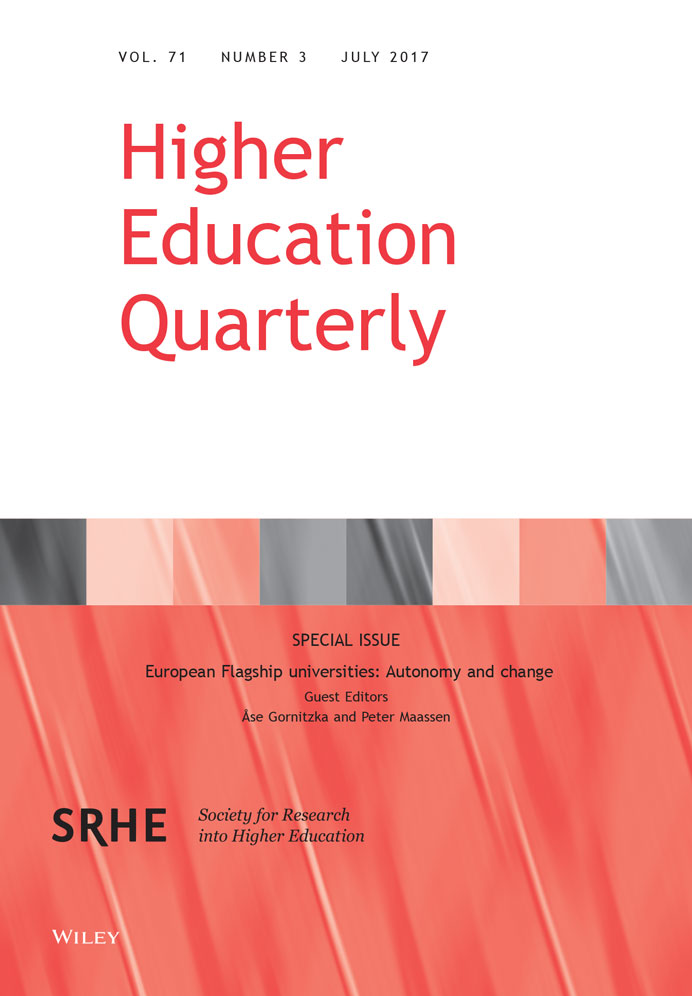The university's governance paradox
Funding information: Research Council of Norway, Grant/Award Number: 212422; University of Oslo
Abstract
One can observe a growing external pressure on universities to become more responsive to society through proactively engaging in various types of competition—competing for students, staff, external funding, and for academic prestige and status. The ensuing reform agendas aim at changing the intra-university governance structures for stimulating the intended university responsiveness. This article discusses how intra-university governance has developed over time with a changing internal and external dynamics. It will be argued that in the university governance practice a paradox has emerged: the more university leaders take on and operate in line with the reform agenda's ideologies, the less effective they appear to be in realising some of the reform intentions. How can such a paradox be accounted for? Building on three general theories of governance, this paradox is analysed as arising from the neglect of the interplay of historical university traditions and formal organisational–structural features of the university. The importance of this interplay will be discussed from the perspective of the prestige economy.




